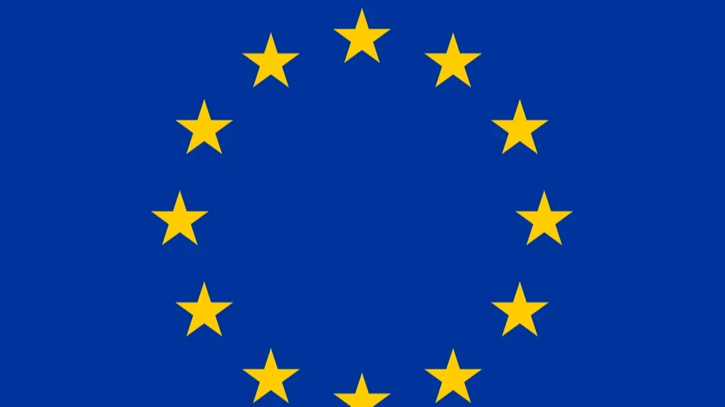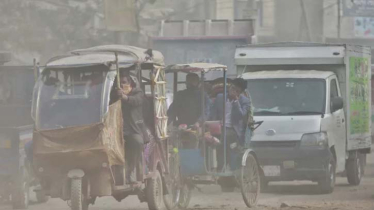
Photo: Collected
The new Partnership and Cooperation Agreement (PCA) with the European Union (EU) can be “something very broad” to discuss future Bangladesh-EU relations, said a senior official at the EU headquarters ahead of the 3rd EU Indo-Pacific Ministerial Forum.
Talking to virtually, he mentioned joint launching of negotiations on a new Partnership and Cooperation Agreement (PCA) by Prime Minister Sheikh Hasina and European Commission President Ursula von der Leyen on October 25 last year in Brussels to expand and develop the multi-dimensional relationship between Bangladesh and the EU.
PCA is a legally binding agreement and it is one of three special types of international agreements. By means of a PCA, the EU works to support the democratic and economic development of a country. A PCA is typically entered into for ten years, after which they are automatically extended each year provided no objections are raised.
The third EU Indo-Pacific Ministerial Forum will be held in Brussels on February 2 and it will be chaired by the High Representative of the EU for Foreign Affairs and Security Policy and Vice President of the European Commission, Josep Borrell.
Foreign Minister Dr Hasan Mahmud is scheduled to attend the forum who is also likely to have a number of meetings on the sidelines of the forum. It will include an opening plenary session, three roundtable discussions and a closing session.
The Brussels Indo-Pacific Ministerial Forum builds on the success of the previous two EU Indo-Pacific Ministerial Forums held in Paris in February 2022 and in Stockholm in May 2023.
It will provide a platform for dialogue, for shaping a collective vision for the region’s future and for identifying practical ways to enhance cooperation and deepen solidarity.
Europe and the Indo-Pacific are highly interconnected and interdependent, that is why the EU Indo-Pacific Ministerial Forum serves as a crucial platform for fostering dialogue and cooperation between Europe and the Indo-Pacific.
Asked whether the EU’s strategy for cooperation with the Indo-Pacific countries will concentrate on the security or economic dimensions, the EU senior official referred to the seven pillars of EU’s Indo-Pacific strategy.
The seven priority areas for the EU action are sustainable and inclusive prosperity; green transition; ocean governance; digital governance and partnerships; connectivity; security and defence; and human security. He said Bangladesh is a massive country in terms of population and it has a very impressive economic growth.
Commending the EU as Bangladesh’s largest export market, Foreign Minister Hasan Mahmud recently requested for EU’s Everything But Arms (EBA) trade concessions until 2032 to support Bangladesh’s smooth graduation from the LDC status as well as EU’s import of diversified products from Bangladesh including jute and jute goods along with traditional products like apparels and shrimps.
The Indo-Pacific region is of key strategic importance, both in economic and geopolitical terms. The 2021 EU Strategy for Cooperation in the Indo-Pacific sets out how the EU is stepping up collaboration with Indo-Pacific partners to contribute to the region’s stability, security and prosperity.
Messenger/Disha








